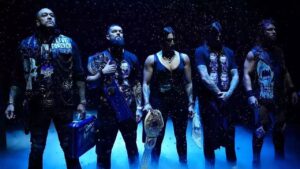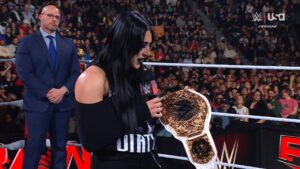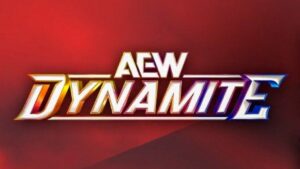A TALE OF TWO VISIONS
Pro wrestling hit a fever pitch in popularity in the 1980s. Some of the territories were still holding their own but it was Hulkamania that was taking the world by storm. At the precipice of this boom was an apparent contrast in styles. The territories had been built on the art of sport, rivalry, and feuds often culminating in bloody cage matches. However, Vince McMahon, Jr.’s vision of taking over his father’s promotion would change the landscape of pro wrestling, forever.
If the 1990s brought us the Monday Night Wars, the eighties brought its own, and no less blatant war waged between the sons of well-respected promoters. While other territories were limping through the eighties due to the huge ripples felt by the WWF, McMahon and Jim Crockett, Jr. were both driven businessmen ready to thrown down the gauntlet. One, however, was prepared to alter many of the deeply held traditions of his father’s legacy. It was a gamble, but one that is still paying dividends to this day. Despite the glaring differences between the territories and the global juggernaut of the WWF, wrestling was healthy and enjoyed success in every facet.
Before McMahon’s eventual takeover of the territories, there was a time in the early to mid-80s when it seemed that Jim Crockett Promotions (JCP) was poised to stay neck and neck with the WWF. Although old-school fans love the territories in general, most will admit that it was Crockett’s promotion that had the best shot of attempting to stay the course and thus keep the territory system alive in light of McMahon’s utter dominance.
IT’S STILL WRESTLING, RIGHT?
When two things are the same in theory but have vastly different philosophies, it can be a lot like comparing apples to oranges. All of the elements of familiarity were present in McMahon’s promotion: the ring, outlandish characters, and rivalries to boot. However, the approaches to character development and overall commercialization of the WWF were a stark contrast to anything the business had ever seen.
When reviewing the golden age of the WWF, however, its easy to see that behind the glimmering polish McMahon had added to his organization, the in-ring action and subsequent feuds that fueled the action spoke volumes and were easily on par with that of anything the territories were producing.
Sure, fans will always have their preference, but there’s no denying the great matches and rivalries that were birthed from said era.
COEXISTENCE
Critics of McMahon’s approach often cite the now infamous use of the term “sports entertainment”. Coined by McMahon himself to depict what made his brand differ from the rest, it’s a term that’s stood in opposition to the mere mention of the word wrestling itself. For all of the hate, justified or not, the WWF was still wrestling (it’s in the name) and fans were treated to some of the best matches, moments, and feuds of the eighties.
Perhaps to the chagrin of many wrestling fans, McMahon would gradually phase out the use of historical wrestling terms; terms that had long been synonymous with the sport itself. This, however, has recently changed with the retirement of McMahon from the industry as Triple H has taken the reigns. The reintroduction of such terms as “wrestling” on Raw or Smackdown have been met with enthusiasm from fans.
Whatever one’s opinion of “Sports Entertainment” there’s no denying that competition will often bring out the best in competitors. The war of promoters prompted JCP to give us the Horsemen versus Dusty saga, The tag team dominance of The Road Warriors, The Koloffs, and the battle of the expresses, arguably the greatest “I Quit” match in wrestling’s history, and of course The Great American Bash (in our best Dusty Rhodes impression). “Wrasslin” down south wasn’t waiving the white flag and would continue strongly, at least for a little while. It ultimately wasn’t meant to last and Ted Turner eventually took over operations complete with re-branding.
Crockett’s approach certainly had more of an adult appeal in contrast to the more family-friendly approach of McMahon and his “Superstars”. When fans debate the era, however, they’re always quick to highlight the most important thing about it: simultaneously, the two visions coexisted. Whether escaping the “big blue steel cage” for a win or beating your opponent senseless in a dog collar match, the era gave fans the best of both worlds and launched a period of larger-than-life personas that remain at the core of our fandom’s memory.
Stay tuned to the Last Word on Pro Wrestling for more on the wrestling ratings reports and other stories from around the world of wrestling, as they develop. You can always count on LWOPW to be on top of the major news in the wrestling world, as well as to provide you with analysis, previews, videos, interviews, and editorials on the wrestling world. You can check out an almost unlimited array of WWE content on the WWE Network and Peacock






